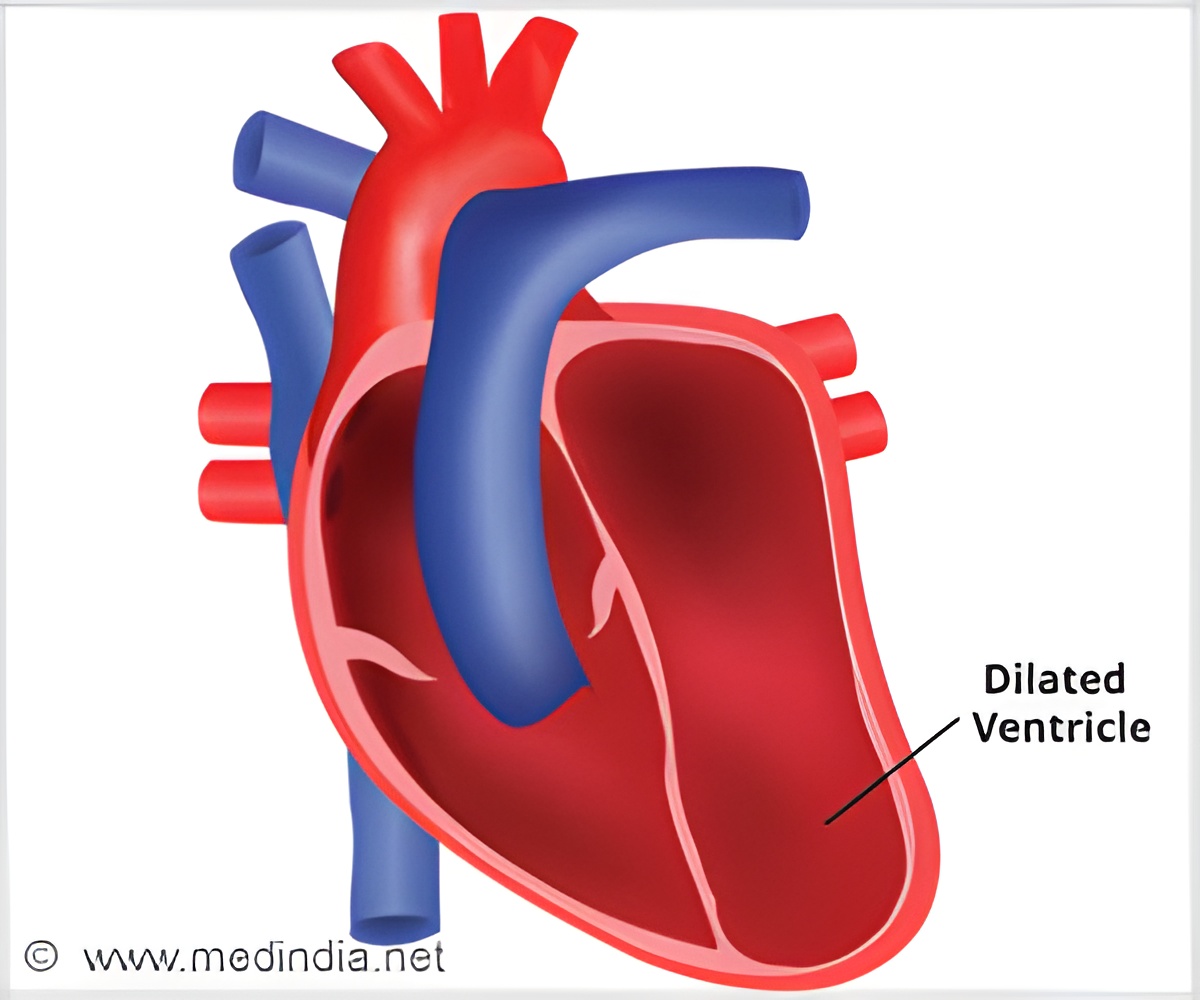Trametinib offers hope for children with severe RASopathy-linked HCM, reducing mortality risks.

Impact of MEK Inhibition on Childhood RASopathy-Associated Hypertrophic Cardiomyopathy
Go to source). Trametinib is a mitogen-activated protein kinase (MEK) inhibitor and the research findings are published in JACC: Basic to Translational Science highlights the urgent medical assistance for children not responding to standard HCM therapies.
‘Did you know?
About 20% of patients with RASopathies have hypertrophic cardiomyopathy (HCM) #cardiacsurgery #healthyheart #medindia’





About 20% of patients with RASopathies have hypertrophic cardiomyopathy (HCM) #cardiacsurgery #healthyheart #medindia’
Advertisement
RASopathy-Linked HCM in Kids
HCM, a condition where the heart muscle thickens abnormally, is particularly dangerous in children and can lead to heart failure or premature death. About 20% of patients with RASopathies have HCM; RASopathy-associated HCM is often caused by genetic mutations in the RAS/MAPK signaling pathway, which regulates cell growth and development. It is often a more severe form of HCM and has a higher mortality rate. Until now, treatment options for severe cases of RASopathy-associated HCM (RAS-HCM) in pediatric patients have been limited.The study, which involved 61 children with severe RAS-HCM, compared 30 children receiving trametinib to 31 children receiving standard care. The results showed a significant reduction in the outcome of death, cardiac transplantation, or the need for cardiac surgery in the trametinib group. No life-threatening adverse events were observed, although dermatologic and mucous membrane side effects were common but manageable.
Advertisement
Trametinib Treatment for HCM
“This study provides crucial evidence that targeted therapies like trametinib could dramatically improve the outlook for children suffering from severe HCM,” Andelfinger said. “It underscores the importance of developing genotype-specific therapies for RASopathies and other rare diseases.”“The paper by Andelfinger and colleagues provides exciting data with respect to treating ‘Rasopathies’ in children with HCM,” said Douglas Mann, MD, FACC, Editor-in-Chief of JACC: Basic to Translational Science. “Rasopathies are a group of rare genetic disorders that are caused by mutations in genes that regulate the Ras/mitogen-activated protein kinase (MAPK) signaling pathway.”
Advertisement
Advancing RAS-HCM Research
“Given the rarity of this condition and the lack of existing therapies for these children, we felt it was important to publish this paper, with the hope that it will advance the field by providing a foundation for future randomized clinical trials to definitively evaluate the safety and efficacy of Trametinib in children with HCM,” Mann said.Study limitations include potential biases due to its design and incomplete data collection for the control group. Additionally, the trametinib group included patients with prior heart surgeries, which could affect the results. The shorter follow-up for the trametinib group may also underestimate long-term side effects. Lastly, the study does not determine the optimal dosing of trametinib for RAS-HCM.
Reference:
- Impact of MEK Inhibition on Childhood RASopathy-Associated Hypertrophic Cardiomyopathy - (https://www.jacc.org/doi/10.1016/j.jacbts.2024.10.002)
Source-Eurekalert














